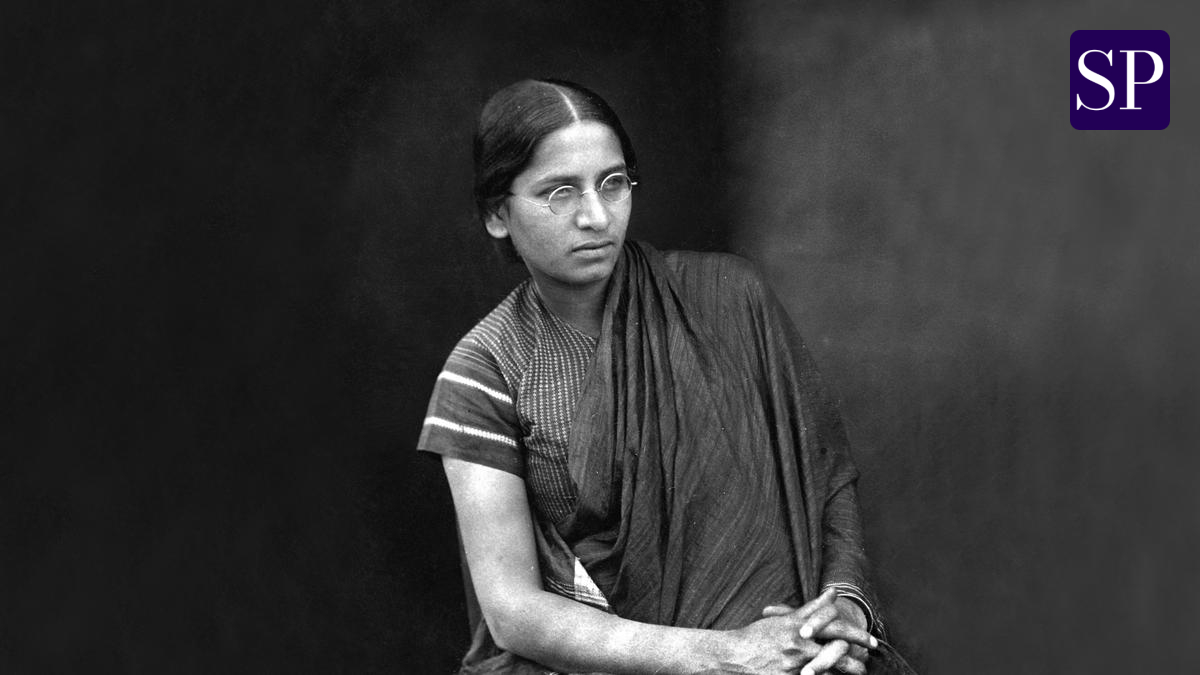Irawati Karve’s contributions to anthropology and her progressive views on Indian culture and civilization have cemented her legacy as a pioneer in social sciences. Born during British colonial rule, her groundbreaking work in anthropology and sociology challenged societal norms and left an indelible mark on academia and cultural discourse. Yet, her life remains a story of courage, resilience, and defiance against the odds.
A new book, Iru: The Remarkable Life of Irawati Karve, written by her granddaughter Urmilla Deshpande and academic Thiago Pinto Barbosa, delves into the extraordinary journey of a woman who defied societal conventions and reshaped the narrative of her time.
Early Life of Irawati karve
Born in 1905 in Burma (now Myanmar), Irawati was named after the Irrawaddy River, a poetic nod to her birthplace. As the only daughter among six siblings, she grew up in a nurturing household, but her life was destined for challenges that would shape her as an individual.
At the age of seven, Irawati’s father made the unconventional decision to send her to a boarding school in Pune, India. This decision marked the beginning of her exposure to progressive ideas. In Pune, she found a second home with the Paranjpye family. RP Paranjpye, an educationist and atheist, became her mentor and “second father,” fostering her intellectual growth and inspiring her to think critically about societal norms.
Irawati’s academic journey was nothing short of revolutionary. She pursued a doctorate in anthropology in Berlin in 1927, a decision met with resistance from her biological father but supported by Paranjpye and her husband, Dinkar Karve. Her experience in Germany was both intellectually enriching and emotionally challenging. At the time, Germany was grappling with the aftermath of World War I, and anti-Semitism was on the rise. Irawati witnessed the grim realities of this prejudice firsthand, including the horrifying murder of a Jewish student in her building. This incident deeply impacted her worldview, shaping her empathy and understanding of social injustice.
Under the mentorship of Eugen Fischer, a renowned anthropologist and eugenicist, Irawati was tasked with proving a hypothesis that white Europeans were racially superior. Her meticulous research, however, debunked Fischer’s theory. She found no correlation between skull asymmetry and intelligence, challenging the pseudo-scientific basis of racial superiority.
Despite facing academic discrimination and receiving the lowest grade for her thesis, Irawati’s findings were a bold rejection of the racial ideologies that would later fuel Nazi propaganda. Upon returning to India, Irawati embarked on numerous field trips to study the lives of tribal communities and marginalized groups. At a time when societal expectations restricted women’s mobility, she fearlessly ventured into remote villages, forests, and rugged terrains, sometimes accompanied by her children.
Her studies extended beyond anthropology to archaeology, where she participated in expeditions to uncover 15,000-year-old artifacts. These endeavors highlighted her ability to bridge the past with the present, offering insights into India’s rich cultural tapestry. Irawati’s life was a testament to her courage in challenging societal and cultural barriers. As a Chitpavan Brahmin from an upper-caste Hindu community, she often confronted caste-based prejudices. In one instance, she consumed partially raw meat offered by a tribal leader as a gesture of friendship, an act that exemplified her openness and respect for other cultures. Her progressive views extended to her critique of religious fundamentalism, including within Hinduism. She believed in an inclusive India, where diversity was celebrated rather than suppressed.
Legacy and Influence of Irawati Karve
Throughout her career, Irawati’s writings addressed critical issues such as caste, gender, and religion. Her work, including her analysis of the Indian caste system, remains part of academic curricula in India. Her contributions have inspired generations of scholars and feminists. Reflecting on the horrors of Nazi atrocities, Irawati drew upon Hindu philosophy to conclude that humanity is interconnected. This profound realization guided her empathetic approach to both her work and personal interactions.
Irawati Karve’s life was an extraordinary blend of courage, intellect, and compassion. Her groundbreaking contributions to anthropology and her defiance of societal norms have left a lasting impact on Indian culture and beyond. Through her studies and personal philosophy, she championed the ideals of inclusivity, empathy, and critical thinking, serving as a beacon of inspiration for future generations.
